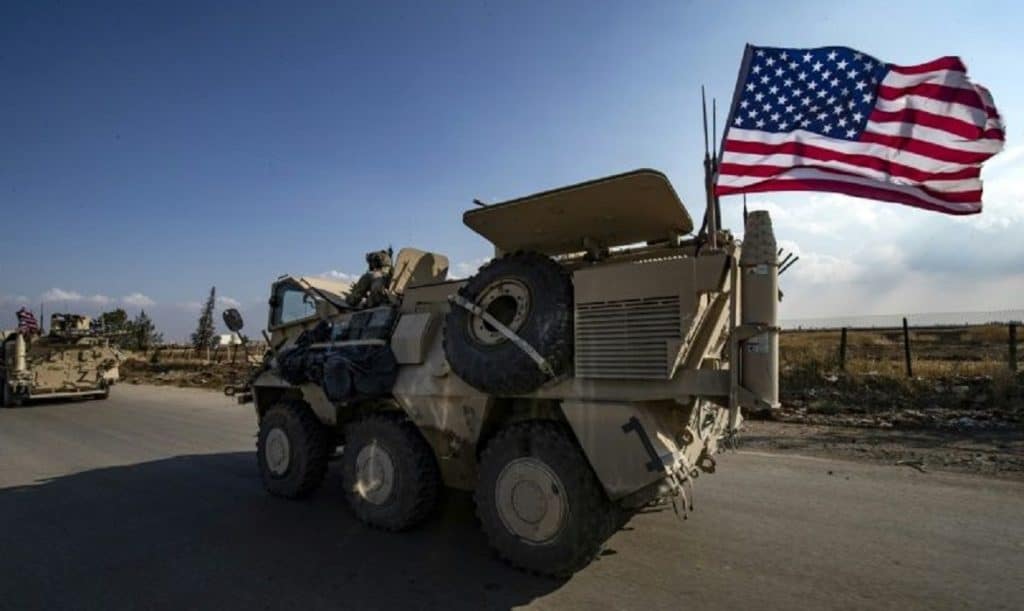By Denis Korkodinov
Washington’s policy in Syria is failing. In 2018, Donald Trump already announced his intention to withdraw American troops from the SAR, but after the resignation of Secretary of Defense Jim Mattis, he changed his mind sharply.
On the eve of the Turkish operation “Source of Peace”, the US president again decided to withdraw a military contingent based in the northeast of Syrian territory, but then changed his mind again. Under such conditions, the international community cannot take the actions of the head of the White House seriously.
Donald Trump seeks to form an opinion that US troops in Syria are needed to protect oil fields. This opinion came into conflict with the plans of the US military command, which still sees the fight against the “Islamic State” and opposition to Iranian influence as the main mission of the US armed forces.
Meanwhile, there is uncertainty about how the protection of Syrian oil fields, the fight against ISIS and the confrontation with Iran can be combined. In many ways, these are mutually exclusive tasks. So, if ISIS threatens Iranian positions within the reach of US military aircraft, does this mean that US troops will be inactive? Will US forces attack pro-Iranian groups if they launch an offensive on Syrian oil fields? The lack of answers to these questions is a clear confirmation that Washington was completely disoriented in the Syrian theater of operations.
In such circumstances, U.S. troops stationed in the SAR represent easy prey for any participant in the conflict. And in a large-scale attack, the American contingent of troops is likely to capitulate, not only because of a clear numerical superiority in favor of the potential enemy (currently there are about 600 US troops in Syria), but also because it does not have clear instructions on how to act in an emergency situation.
In such circumstances, Washington has the only opportunity to deter its potential opponents – this is a policy of sanctions. In particular, through sanctions, the White House administration may force Turkey to limit offensive operations in the northeast so as not to endanger US forces. However, the question is how long will Ankara and other regional players endure pressure from the United States.
(The opinions expressed in this article are solely those of the author and do not necessarily reflect the views of World Geostrategic Insights)
Image Credit: AFP Photo/Delil SOULEIMAN







